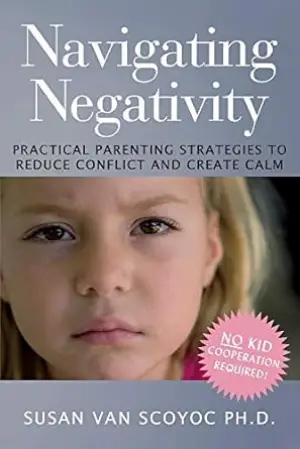Review of The Highly Sensitive Person by Dr. Elaine Aron
As someone who has always felt a bit out of step with the bustling world around me, I was drawn to The Highly Sensitive Person by Dr. Elaine Aron. The title caught my eye, especially as I often consider myself sensitive in both emotional and physical aspects. I was curious whether this book could help me understand my experiences better and perhaps guide me toward a fuller, richer life. With that in mind, I dove into this national bestseller, eager to uncover its insights.
The book’s premise is both enlightening and validating, especially for someone like me who has often felt overwhelmed by noise and conflict. Dr. Aron presents sensitivity not as a flaw but as a distinct trait that many people possess. She encourages readers to embrace their sensitivity and provides clear, science-based arguments for why this trait is more common than we might think.
One of the standout features of this book is its practical approach. Each chapter includes self-assessment tests to help identify personal sensitivities and techniques for managing overstimulation, which I found to be exceptionally helpful. For instance, I learned strategies for dealing with over-arousal—something I experience frequently—and how to carve out necessary "alone time," which has become as essential to my well-being as food and water.
In reading the testimonials, I resonated with A. Biggs’ experience of using the book as a wake-up call. Like Biggs, I sometimes overlook the signs my body gives me, attributing stress and discomfort to my character rather than acknowledging my sensitivity. Aron’s insights prompted me to reevaluate how I view stressful situations and my reactions to them, leading me to a deeper understanding of myself.
One significant drawback of the book, mentioned by some readers, is its writing style. While many praise Aron’s clarity, others feel there could be more conciseness in her prose. For instance, I found certain sections dense with information that might have benefited from brevity. Additionally, while I appreciate the depth of psychological content, some may find it overly focused on psychotherapy, which could feel heavy for those looking for lighter reading.
Conversely, I wholeheartedly agree with Jeannie’s sentiment about the book shifting the narrative around sensitivity. The validation it offers is empowering. Instead of seeing my sensitivity as a flaw, I now regard it as an asset—one that allows me to experience heightened empathy and a deeper connection with my emotions.
Ultimately, The Highly Sensitive Person is not just a self-help book; it’s a guide to advocating for oneself in a world that often views sensitivity as a weakness. One of Dr. Aron’s most compelling arguments is that the world benefits from HSPs contributing their unique insights and perspectives. This resonates with me, as it’s easy to feel sidelined in a society that tends to elevate extroverted traits.
In assessing my overall experience with the book, it met my expectations of understanding my sensitivity better and provided tools for leveraging it as a strength. While some writing could have been streamlined, the insights I gleaned were profound. I felt validated, seen, and inspired to embrace who I am.
In conclusion, I would highly recommend The Highly Sensitive Person to anyone who identifies as highly sensitive or has ever felt different from societal norms. It’s a must-read, offering both profound insights and practical advice for making sense of our sensitivity in a noisy, fast-paced world. If you’ve ever been called "too sensitive" or felt misunderstood, this book could be a game changer for you. Whether you’re an HSP or know someone who is, Dr. Aron’s work is both enlightening and necessary.








